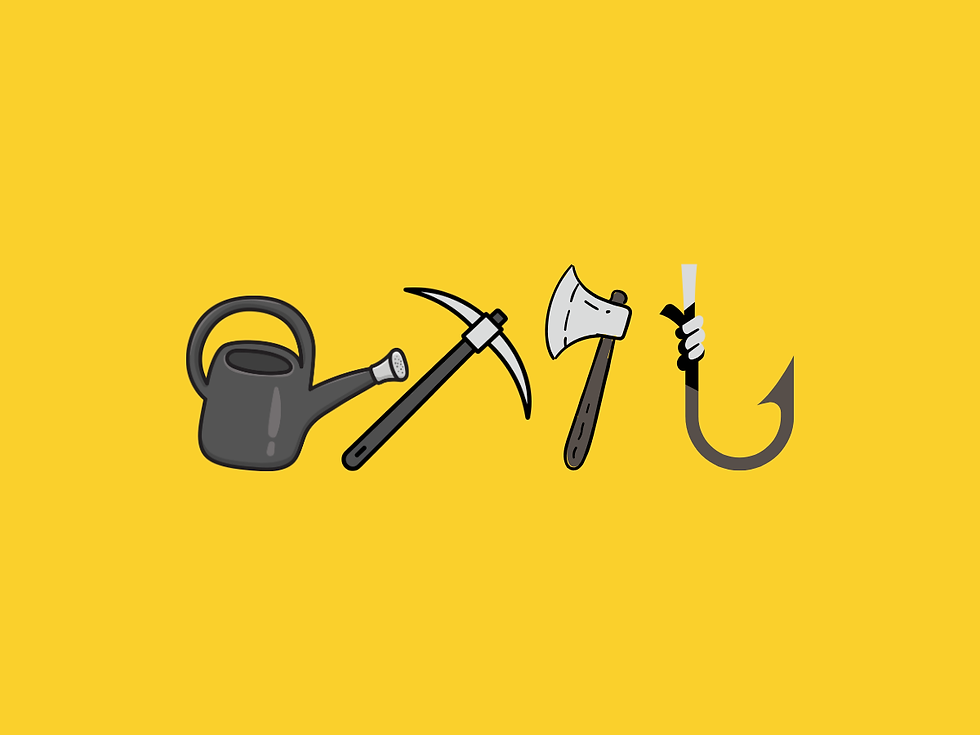Values Part One: Searching
- Shum
- May 19, 2024
- 2 min read
I have been thinking about values a lot recently.
Do you know what yours are?
Over the next three posts, I'd like to go on a small journey into the world of our values.
Let's start with why they matter.
Put simply, values are a compass.
They can help you navigate when you're lost, searching, or just stuck.
If you're reading this post and you aren't clear on what your own values are, I'd like to offer a simple approach to finding them.
It involves you answering or paying attention to one question:
When was the last time someone's behaviour rubbed you the wrong way?
I don't mean that their behaviour made you mad—though that works too.
I mean an instance when someone did something and you said to yourself, "Ahhh, I'm not sure I would have done it that way," or, "There's something about this that I don't like."
Think about it for a few moments. I'm sure there'll be an example or two that pops into your mind fairly quickly.
Once you've found your example, what you've essentially discovered is the symptom of an underlying conflict in your values. That person might value something that you don't. There's a chance that person was simply acting unintentionally, but still there was something in what they did that was in conflict with a value you hold.
To discover what that value is, just ask yourself a follow-up question:
What exactly did they do?
Rather than just answering this for yourself, imagine you had to answer this out loud to somebody else. You will notice that in the re-telling of the behaviour, you are going to emphasize certain things.
A place to start searching for your values, is to ask what the opposite of those things are.
Let me give you a recent example, with the caveat being that I have taken some time to define my values already so this example is more of a confirmation, rather than an exploration.
We were responsible for planning Saturday brunch for a weekend away with several friends. My wife Lisa and I were driving around on a Friday afternoon trying to think of some ideas. We decided on bagel sandwiches. We called around to a few local bagel shops, only to learn that they were mostly sold out of bagels.
Lisa then suggested that we make a few stops to pick up bagels from one place and then get a few more from another place, then stop at the grocery store for the additional components we needed. It would have taken about 30-40 minutes and we would have been done.
This didn't sit well with me.
What exactly was Lisa suggesting?
Multiple stops, to pull together a single meal.
As I re-tell this to you dear reader, you may pick up that it was the multiple-stop element that was bothersome to me.
Multiple stops is too many. What's the opposite of multiple? One.
I value simplicity.
To me, Lisa's idea felt in conflict with that.
So in summary:
To find a value, think of someone else's behaviour that you don't like, describe the behaviour out loud, and finally, imagine its opposite.
This concludes part one.




Comments